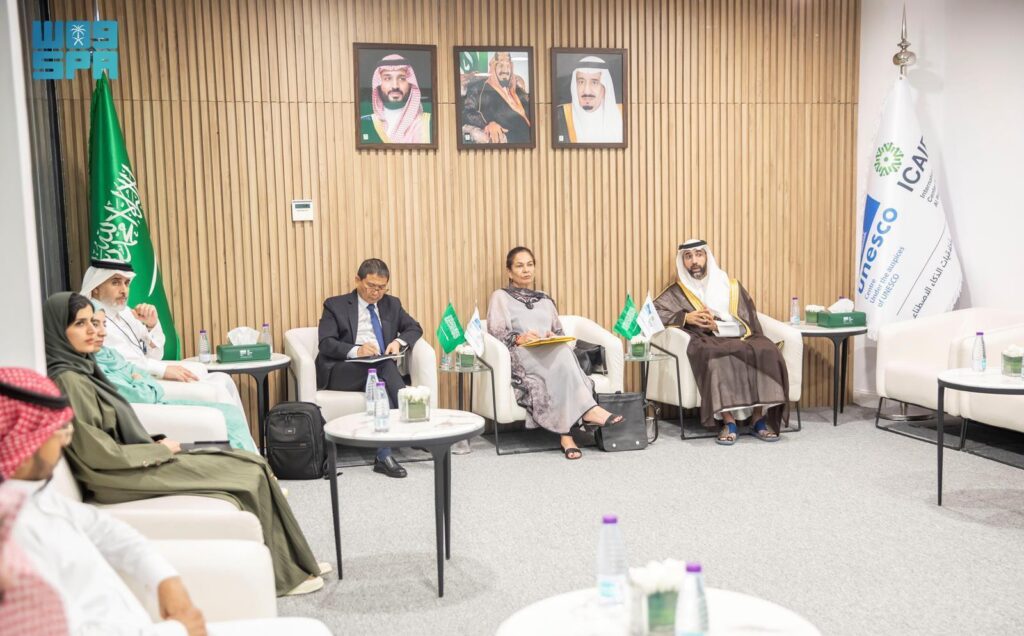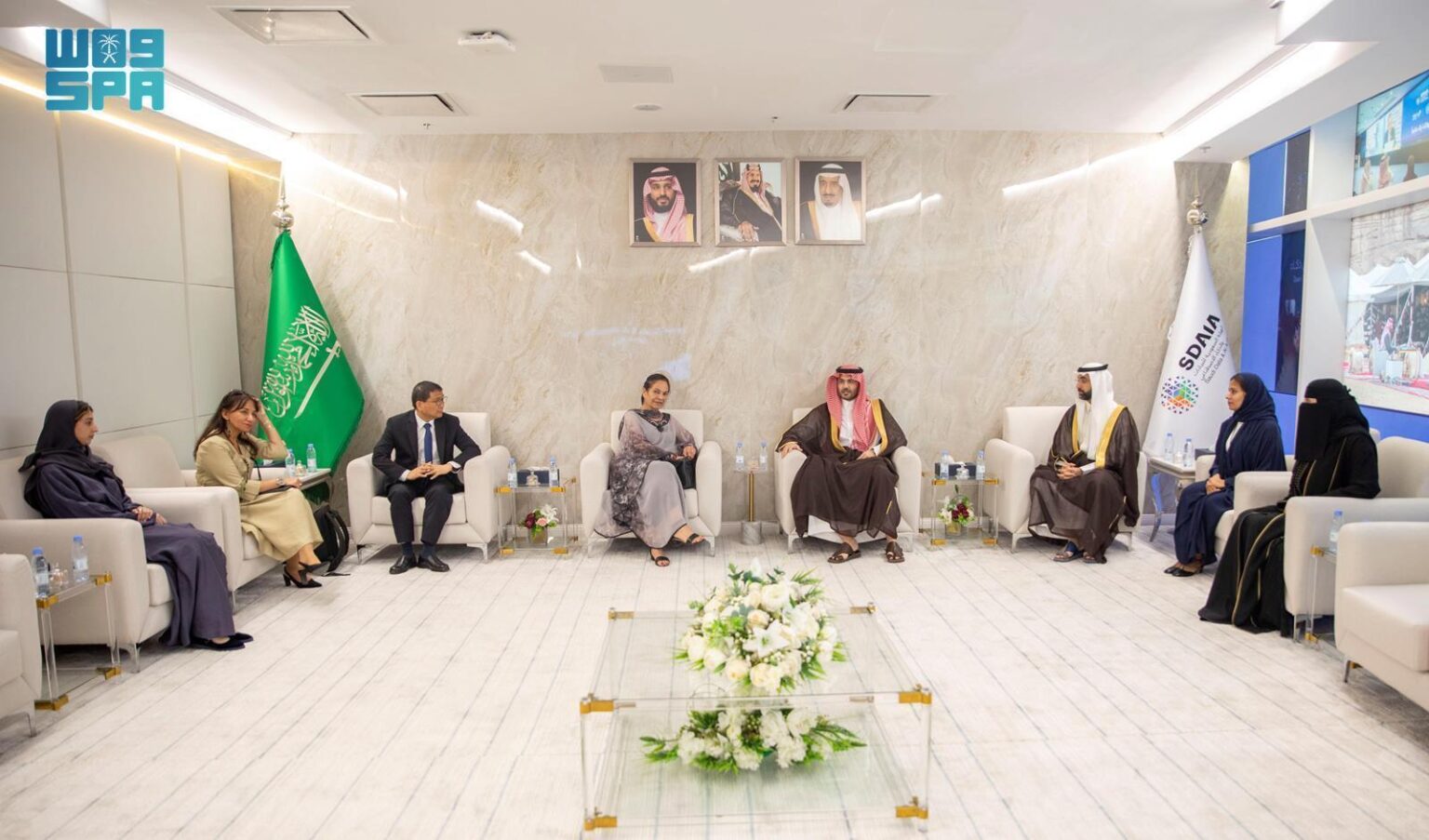Strengthening Global Ties Between Science and Innovation
UNESCO Natural Sciences Director recently visited the Saudi Data and Artificial Intelligence Authority (SDAIA) and the International Center for Artificial Intelligence Research and Ethics (ICAIRE), aiming to explore new ways of cooperation in science and technology. This visit reflects growing global interest in Saudi Arabia’s rising influence in artificial intelligence (AI), innovation, and ethical technology development.
A Landmark Visit to Promote Science and Ethics
The visit marks a significant step toward enhancing international scientific collaboration. The Director of Natural Sciences at UNESCO met with top officials at SDAIA and ICAIRE to discuss future initiatives in science, AI ethics, and sustainable development.
During her tour, the Director praised Saudi Arabia’s vision for integrating AI with ethical principles and sustainable development goals. She noted that UNESCO is looking forward to working more closely with SDAIA and ICAIRE to foster inclusive growth through science and technology.
What is SDAIA?
The Saudi Data and Artificial Intelligence Authority (SDAIA) is the national body responsible for driving data and AI innovation across Saudi Arabia. SDAIA has made headlines for its initiatives in smart cities, digital government, and healthcare technology.
By welcoming UNESCO’s Natural Sciences Director, SDAIA demonstrates its openness to international collaboration and shared goals in ethical AI and sustainable progress.
Spotlight on ICAIRE
The International Center for Artificial Intelligence Research and Ethics (ICAIRE), based in Riyadh, focuses on ethical research in artificial intelligence. ICAIRE’s mission aligns closely with UNESCO’s ethics-focused initiatives.
The UNESCO Natural Sciences Director’s visit to ICAIRE included detailed briefings on ongoing research, partnerships, and upcoming projects. Discussions covered AI policy, human-centered technology, and global best practices in research.
Key Areas of Discussion
Several important topics were discussed during the visit, including:
- Ethical Use of AI: Ensuring that artificial intelligence systems are designed and deployed responsibly.
- Sustainable Development Goals (SDGs): Aligning AI initiatives with global environmental and humanitarian goals.
- Education and Skills: Promoting STEM (Science, Technology, Engineering, and Math) education with a focus on future-ready skills.
- International Cooperation: Creating opportunities for joint projects and knowledge sharing between Saudi institutions and UNESCO.

A Step Toward Future Partnerships
This visit reflects UNESCO’s increasing interest in working with global AI hubs. The discussions set the stage for deeper collaborations, including research exchanges, joint conferences, and shared policy development.
The UNESCO Natural Sciences Director highlighted that Saudi Arabia is becoming an important player in global science and innovation. By focusing on ethical AI, the Kingdom can set an example for other nations.
Why This Visit Matters
This visit is more than a diplomatic gesture. It shows real potential for global cooperation in ethical science and innovation. The presence of a top UNESCO official signals international recognition of the progress Saudi Arabia has made in AI and sustainable technology.
For UNESCO, it’s an opportunity to connect with a country that is investing heavily in digital transformation. For Saudi Arabia, it is a chance to gain global support and recognition for its vision.
The Road Ahead: Science for Peace and Development
UNESCO aims to promote peace and development through science. The collaboration with SDAIA and ICAIRE could lead to international frameworks for ethical AI, new research partnerships, and more inclusive technology policies.
Saudi Arabia’s efforts in digital innovation and AI research are now being noticed at the highest international levels. This visit by the UNESCO Natural Sciences Director could be the start of long-term, impactful cooperation.
Read Next – Saudi Vision 2030 Seminar Held at Saudi Embassy in France



